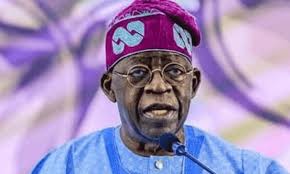As Nigeria marks its 65th year of independence, the Federal Government has declared that the reforms being implemented under President Tinubu are delivering visible benefits. In a national statement, the government highlighted achievements in infrastructure, security, economic stabilization, and social welfare.
Among the cited improvements are increased investments in road projects, rural electrification, and healthcare delivery. The government claimed that fuel subsidy removal has helped reduce fiscal waste and redirect revenue toward more productive sectors. Similarly, efforts to stabilize the naira and attract foreign investment were pointed to as signs of recovering economic confidence.
Officials also noted enhancements in power supply, with more consistent electricity in some urban centers, and noted that reforms in trade, imports regulation, and customs are yielding better collection and enforcement outcomes. Social welfare programmes, such as conditional cash transfers and scholarships, were listed among the key reforms benefiting vulnerable populations.
The government acknowledged that many Nigerians still face hardship and inflation, but it maintains that the trajectory is positive. It promised continued implementation of reform programmes and improvement in public service delivery as part of its commitment ahead of upcoming elections.



